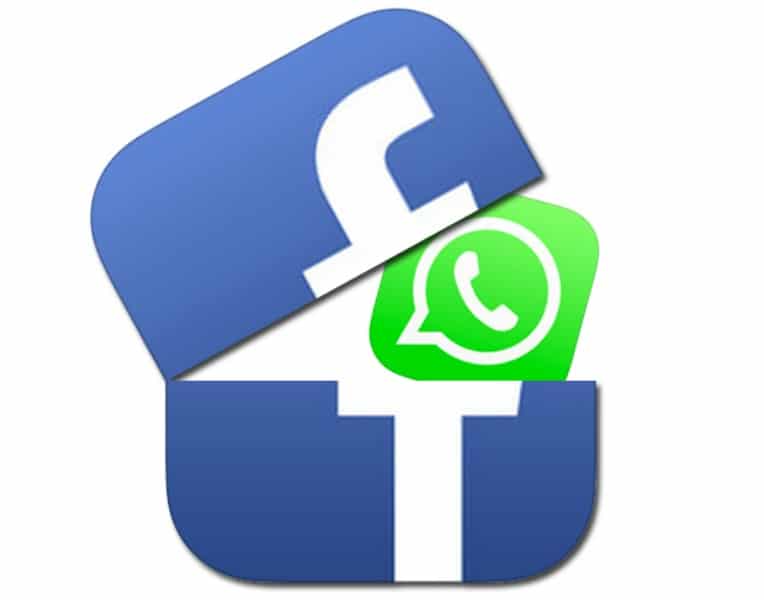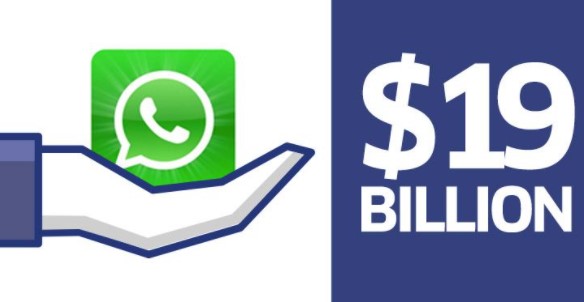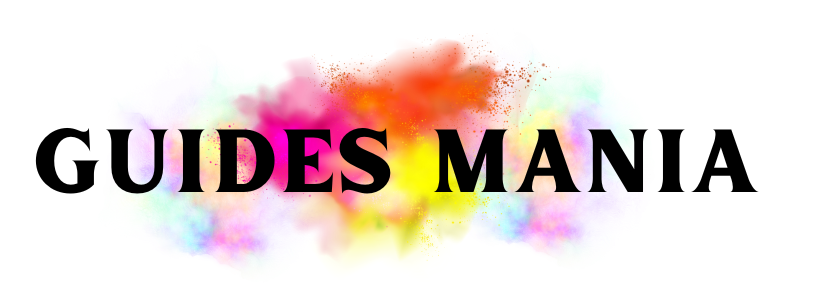When did Facebook buy WhatsApp? On February 19, 2014, a few months after a $1.5 billion venture capital financing round, Facebook declared that it would gain WhatsApp for $19 billion in the United States.
According to some, the popularity of Facebook Messenger has been declining day by day since WhatsApp’s launch. Since WhatsApp was using a mobile number as a source to send a message, it was a form of personal communication. One of the most popular companies for Facebook Messenger did not see the competition and only bought them.

Table of Contents
What is WhatsApp?
It is a messaging application that you can use instead of your wireless carrier’s regular text service. You enter your phone number, and WhatsApp searches through your contact list for people who use the app. You can then message all your users without restriction or overcharge. The app is open on many platforms and is available to download and has no ads but requires $1 per year next to the initial year.
Recommended for you: How to memorize a Facebook account when someone dies
How popular is it?
At the moment, WhatsApp has more than 450 million active users – indicating they utilize the service at least once a month, related to 1.23 billion on Facebook. These users send 500 million photos repeatedly every day, which is around 150 million longer than Facebook.
Exactly How much money is $19 billion in the startup world?
Lots. My colleague Harry McCracken made a list of essential startup acquisitions, and WhatsApp is the biggest the most deals don’t come anywhere. But more prominent companies tend to change hands for more money. For example, Comcast Time wants to buy Time Warner Cable for $45 billion.
Is Facebook killing WhatsApp and ruining it with ads?
It was not a plan. Facebook says WhatsApp will operate as an independent company and be in its own Mountain View, headquartered in California. The product will remain ad-free, and the two companies will focus on growth over the next few years. They will then determine how to make money in any way that is not involved in the ad-transferred ads in the application. (Collecting all the sweet, sweet user data for targeted ads on Facebook or Instagram would be a safe bet but soon more so).
Recommended for you: Facebook acquired companies does Facebook own twitter
Is WhatsApp going to develop at all, then?
WhatsApp says nothing will change. Facebook has said that expanding subscriptions is not a big priority; perhaps for the year, maybe $1 charge will go to some level.
One potential downside: WhatsApp may be less inclined to work with companies competing with Facebook or vice versa. For reference, several months after cutting off contact lists for Instagram users in 2012, Twitter has killed the integration killing. We can only assume that Facebook’s acquisition of Instagram – or Twitter’s previous failed acquisition – had something to do with bad blood.
Why was Facebook paying so much money on WhatsApp?
This is part of the fun because every technologist thinks that they have discovered the “real” cause for the acquisition when, in actuality, everyone assumes educated.
If there is a “real” answer, it is probably a combination of several theories, some of which are related. Here is a sample:
Recommended for you: Does Facebook Own These Apps Or Services, You Didn’t Know
- Facebook wants photos. See more statistics on how people share photos on WhatsApp than on Facebook. Sarah Lacy says in Pandodeli that it’s a big deal not to own Facebook.
- Facebook is becoming a social media integration. It may not own every popular service, but it can be an influential player in its arsenal with various Instagram and WhatsApp tools. Everyone does things that no other property can do.
- Facebook lives on the fear of being disrupted on mobile. At the moment, Facebook is pretty safe to become the next MySpace or Friendster, but it can’t be distracted by new, cool apps, argues John Harman of BuzzFeed.
- Facebook needs to expand its presence in Europe and emerging markets. As Josh Constine notes from TechCrunch, WhatsApp is huge in developing countries. Facebook could use WhatsApp to help bring some more people online through the subsidized Internet, which Facebook has already offered in several countries. The acquisition of ownership of these growing markets is a shortcut.
- Facebook must buy the way of “temporary” and “dark social” communication. Instead of broadcasting on your Timeline, think about the things you’re talking about, the posts you’ve made, and your sharing links. Unless you use Facebook Messenger, all that information is invisible to Facebook. (And if Messenger were hugely popular, Facebook wouldn’t need WhatsApp)) WhatsApp can provide information about things we’re interested in, which can then be used to target ads on other Facebook properties. Alexis Madrigal’s 2012 post on Dark Social supports put this idea in context.
Facebook’s official line is that it earned WhatsApp “to make the world more open and joined,” which may seem vague as real Mark Zuckerberg always seems real in his world-changing ambitions, but the business side should always be kept in mind.
Recommended for you: Does Facebook suggest friends who look at your profile
The overreaching themes here are about attention and user data. WhatsApp has proven that it can catch the former, and Facebook has said that it has very little to do with WhatsApp, it could change that. Messaging can be a rich data source for Facebook’s core advertising business. It may sound scary, but it’s no distinct from how Gmail works now.
How do we know when it starts to happen? Just pause for the necessary revision of privacy policies that allow WhatsApp and Facebook to share their data freely.
Why Facebook buy WhatsApp

Facebook is just a social networking site that most people use for timepass. A WhatsApp that everyone uses uninterruptedly despite having a busy work schedule or problems is a way to connect people and a way to communicate with the closest person.
Facebook realized that WhatsApp had been a strong competitor and competitor for a long time. The fact that defeating WhatsApp in the messaging industry could not be any effort (Obviously, Facebook Messenger is relatively weird!)
Final thought
WhatsApp plays a vital role globally in the development of Facebook. In the face of monetization efforts, Facebook is focusing on the future of international, cross-platform communications. Facebook’s tents have reached out to billions of people, with the acquisition of WhatsApp. With a market of this size, Facebook is sure to find a way to cash in finally.






